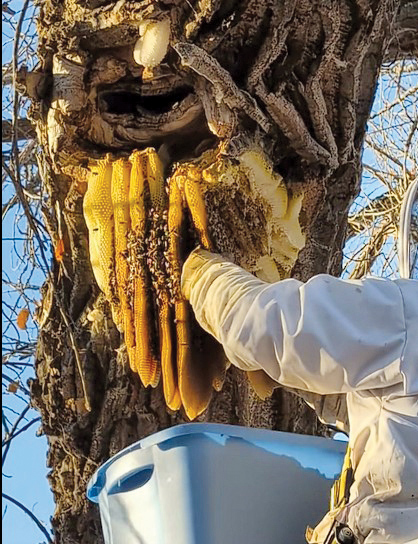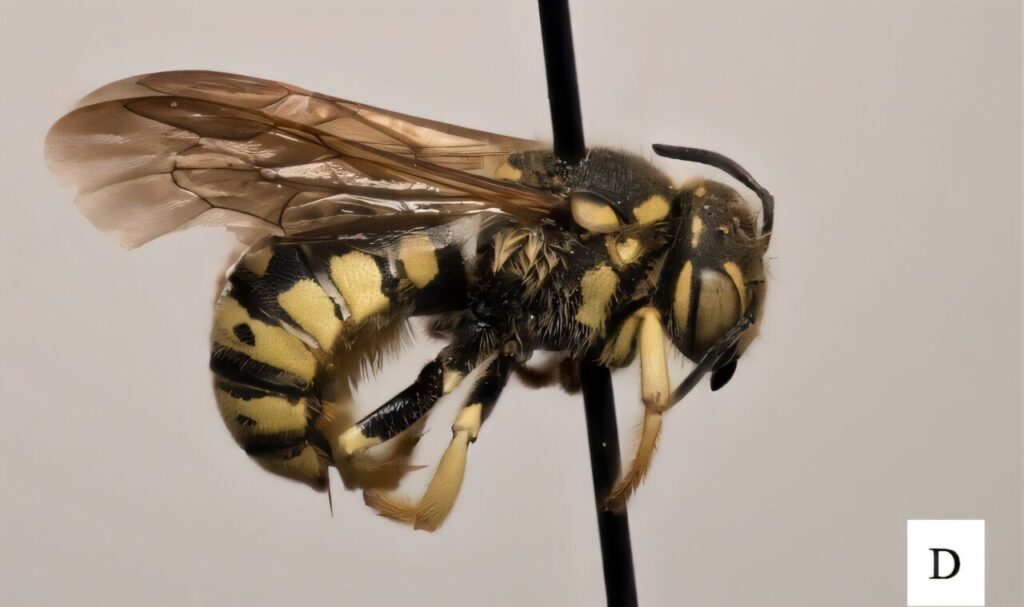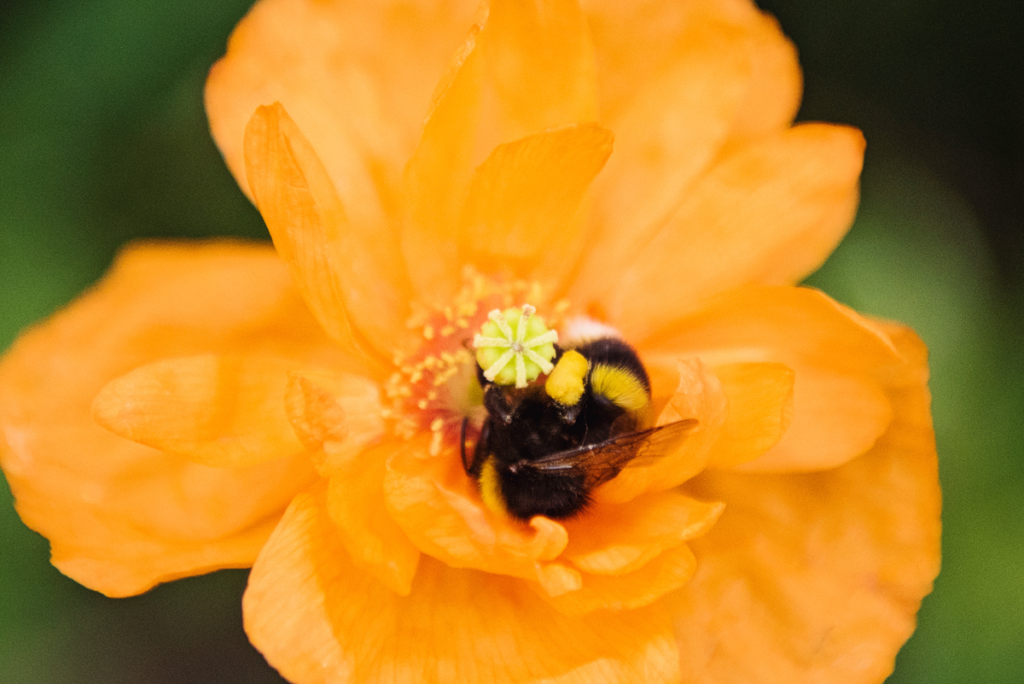 .
.
This is a place to drop by when you have a minute. A place to come for High Rise Honey news and updates.
High Rise Honey’s sole goal is to bring honey bee awareness to the world and help solve the bee crisis for the sake of mankind.
Our online News & Stories feature the latest news stories, opinion articles, analysis, discussions, and reviews about the current status of honey bees worldwide and associated topics and social issues.





 Today we recognize the essential role that bees and other pollinators play in the health of our environment and to our food supply.
Today we recognize the essential role that bees and other pollinators play in the health of our environment and to our food supply.



 Ever wondered why bees nap in flowers? It’s not just adorable; it’s crucial for their daily hustle.
Ever wondered why bees nap in flowers? It’s not just adorable; it’s crucial for their daily hustle.